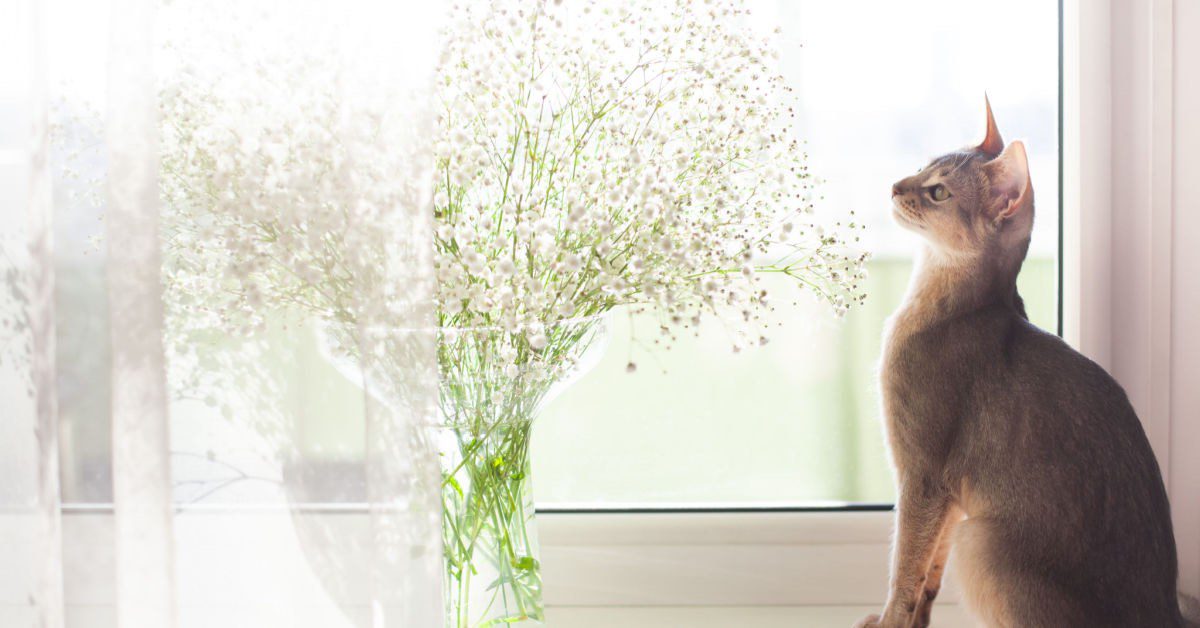Is Your House Toxic?
There are many reasons a house may be toxic. It could have been built with hazardous materials, or the toxins may have been brought in later, by yourself or previous tenants. It is a good idea to be aware of what could affect your family’s health. If you know what makes your house toxic, you can eliminate the dangers.
Asbestos
Older homes may have been built with a variety of dangerous materials. An excellent example of this is asbestos. You can have your home inspected for this very lethal material and should consider doing the inspection before you buy or rent any home that is over ten years old.
Lead Paint
Another thing to watch out for, mainly if you have children, is lead paint. This type of paint is no longer used, but it may still exist in older homes, especially on painted pipes and rooms where the paint has not been stripped and redone. Even if your children are not peeling paint off the walls and putting it in their mouths, the naturally occurring chips and flakes can get into food and drinks, and the lead can build up in the body over time.
If you discover that you are indeed living with lead paint, it is better to cover it with wallpaper to avoid lead poisoning rather than use methods that may introduce it into the air. Sanding and burning the lead paint can cause toxicity levels to rise in your home.
Cleaning Supplies
Many cleaning supplies are very toxic, and even if you use them with care, they can poison the environment in which you live. To avoid problems, read labels carefully and be aware of the effects of the chemicals contained in every cleaning product that you buy. If in doubt, make your cleaners with vinegar, salt and baking soda. There are many great natural cleaner recipes to be found online.
A few household cleaners that can be toxic are:
- Bleach
- Ammonia
- Drain Cleaners
- Carpet and Upholstery Cleaners
- Oven Cleaners
Air Fresheners
Yes, believe it or not, those wonderful smelling air fresheners can be toxic. Many contain formaldehyde, a strong carcinogenic substance that irritates the eyes, skin and throat. They also can contain other dangerous chemicals known to cause nervous system damage and pulmonary edema in individuals sensitive to the chemicals.
Pests
When you discover that you have pests, such as ants or rodents, avoid using chemical poisons to get rid of them. Instead, try natural repellants such as cucumber peels for cockroaches or garlic for ants. Mouse traps can work for rodents and will not harm you or your family unless you catch a finger in a trap. Because many pests carry disease, it is always highly recommended and best to hire a professional pest control company to remove and control them.
Carbon Monoxide
To ensure that you are not in danger from carbon monoxide poisoning, it is an excellent idea to put up carbon monoxide detectors around your home and smoke detectors. You can buy units that check for both. It is also a good idea to have your home inspected. Check any gas appliances, such as an oven or furnace, for leaks that could prove deadly.
Knowing the hidden dangers that could be lurking in your home is the first step to eliminating them. It may take some time and patience to get rid of all the possible toxins, but once you do, you can rest assured that your home is safe for your family.
Contact For Pest Control Services
Are you in need of pest control services? Do those nasty little ants always seem to find a way into your kitchen? Do you occasionally see a mouse running across the room? Wow, and how embarrassing when the company is visiting. Contact NJ Pest Control to provide expert pest control and removal services. Putting our customer’s minds at peace is our ultimate goal.

